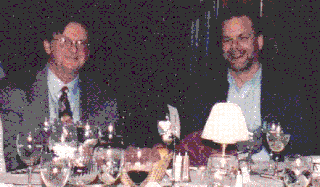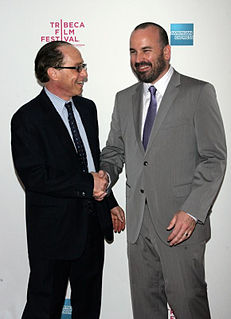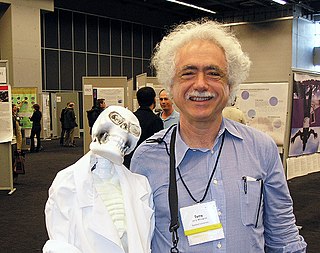A Quote by Bill Budge
It always helps to be a good programmer. It is important to like computers and to be able to think of things people would want to do with their computers.
Related Quotes
Everything is being run by computers. Everything is reliant on these computers working. We have become very reliant on Internet, on basic things like electricity, obviously, on computers working. And this really is something which creates completely new problems for us. We must have some way of continuing to work even if computers fail.
At the age of 5, when I was in kindergarten, I often used to pass by the computer labs and see students doing work on computers. I realized that calculation, which would take us a long time to do, can be done in less than a second with the help of computers. So that is how my interest in computers began.
I've always liked making things that don't deny the medium that they're made in. If it's collage, I'm happy for it to look like that. If it's a film made with computers, I don't mind that it looks like a film made with computers as long as it still has a feeling or a mood or an atmosphere that is relevant.
In our age of individualism, we see computers as ways through which we can express our individuality. But the truth is that the computers are really good at spotting the very opposite. The computers can see how similar we are, and they then have the ability to agglomerate us together into groups that have the same behaviours.
One of the best things I ever did was to train in a practical skill. I love computers and they've become such a part of life, especially to the world of design. But it's important to understand that they are a tool, as much as a hammer or a saw is a tool. Computers don't help you design. There needs to be more emphasis on training young designers in how to build things. A good writer needs a good vocabulary. A good designer needs to understand his materials and processes. You can't, as a successful designer, pretend to get any respect if you don't know how things are made.


































